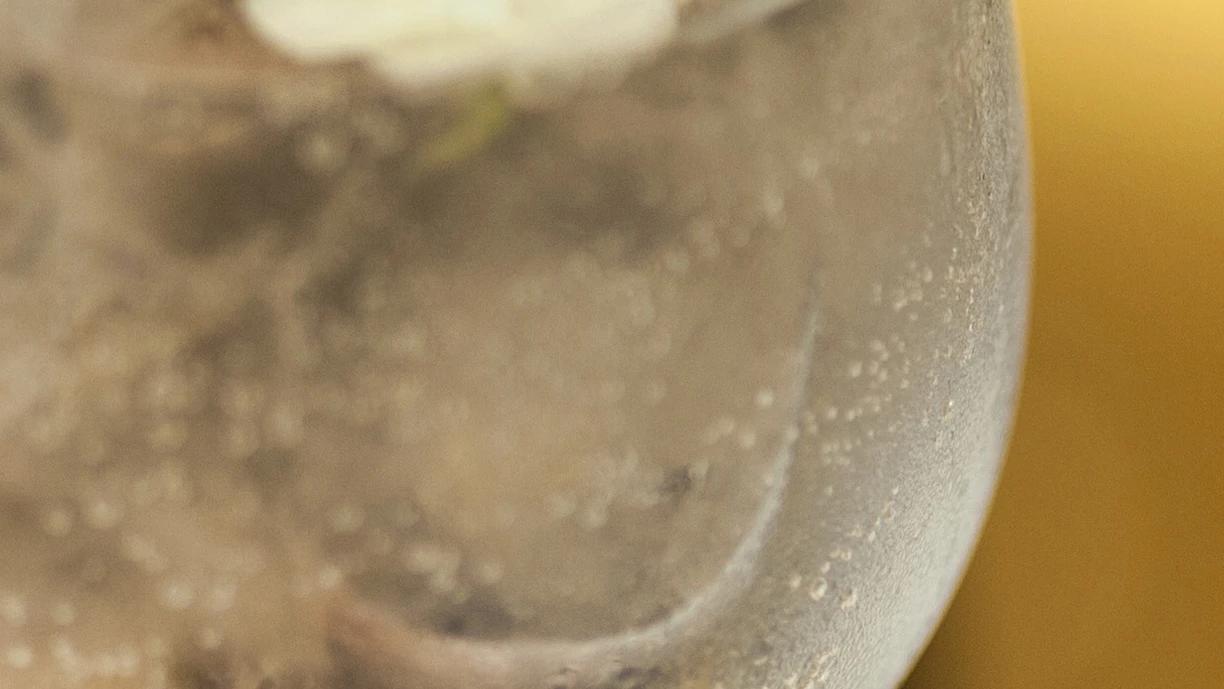Don’t be limited by highly viscous mashes
Our viscosity-reducing enzymes help you avoid this issue and increase your flexibility in your choice of raw material
Issues with non-starch polysaccharides?
High viscosity in distilling can slow you down and limit your potential. Even with proper liquefaction and saccharification, "small grains" like rye, wheat, barley, and triticale often lead to viscous mashes. The culprit? Water-binding non-starch polysaccharides (NSPs) that are tough to extract and solubilize. Viscosity-reducing enzymes break down NSPs, enabling smooth processing and greater flexibility with raw materials.
Are lower dry solids (DS) pulling you down?
DS reduce output and increase costs. Viscosity reducing biosolutions reduce the viscosity of mashes and liquids . This lets you run at higher DS, increasing capacity and reducing energy, water, and operational costs. It also results in less fouling, reducing wear on equipment and cleaning.

Discover Viscoferm®
Viscoferm® is a powerful blend of xylanase, beta-glucanase, and cellulase. It reduces mash viscosity at every stage of your process, offering:
- Higher output through increased DS levels
- Cost savings on energy, water, and maintenance
- Enhanced flexibility with raw material choices
- With biosolutions like Viscoferm®, you can maximize your capacity, cut costs, and streamline operations Let us help you transform viscosity challenges into opportunities for growth
What could this mean for your business?
Interested to know what our viscosity-reducing biosolutions could do for you? Then fill in the form below and one of our distilling experts will be in touch with you shortly.
One more step…
To complete the get in touch form or sign up, please click on the button below to enable cookies.